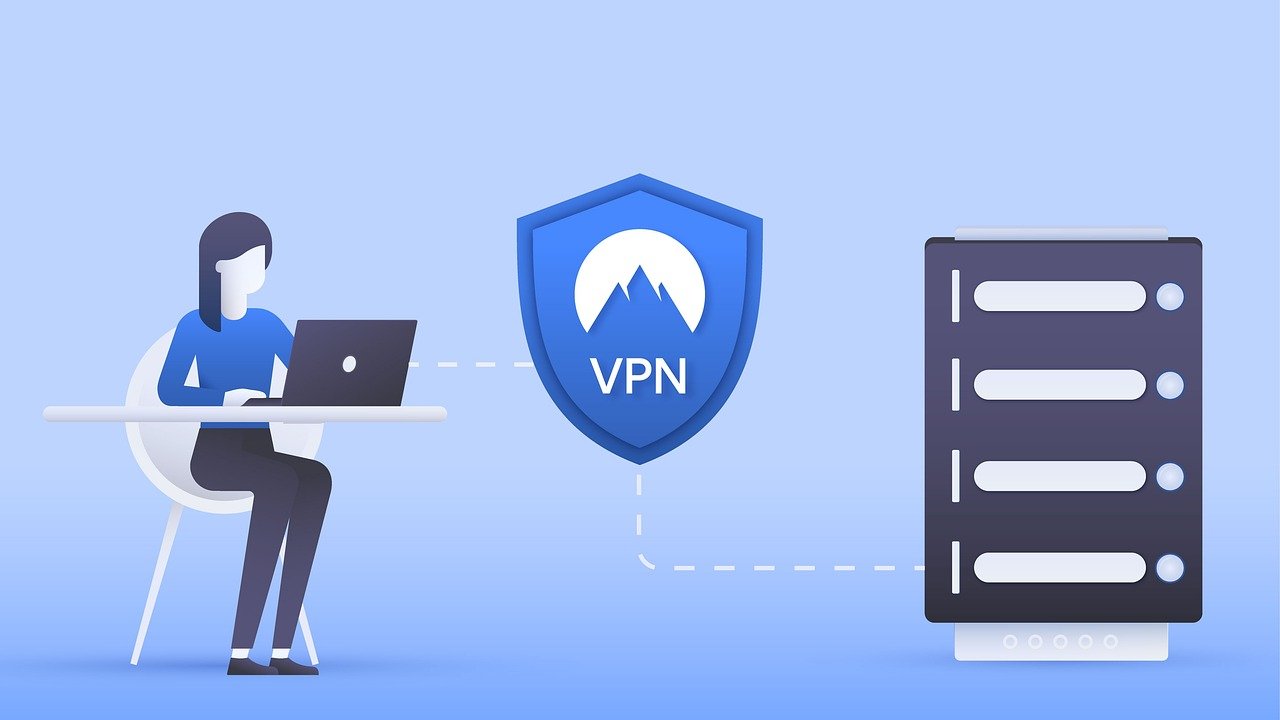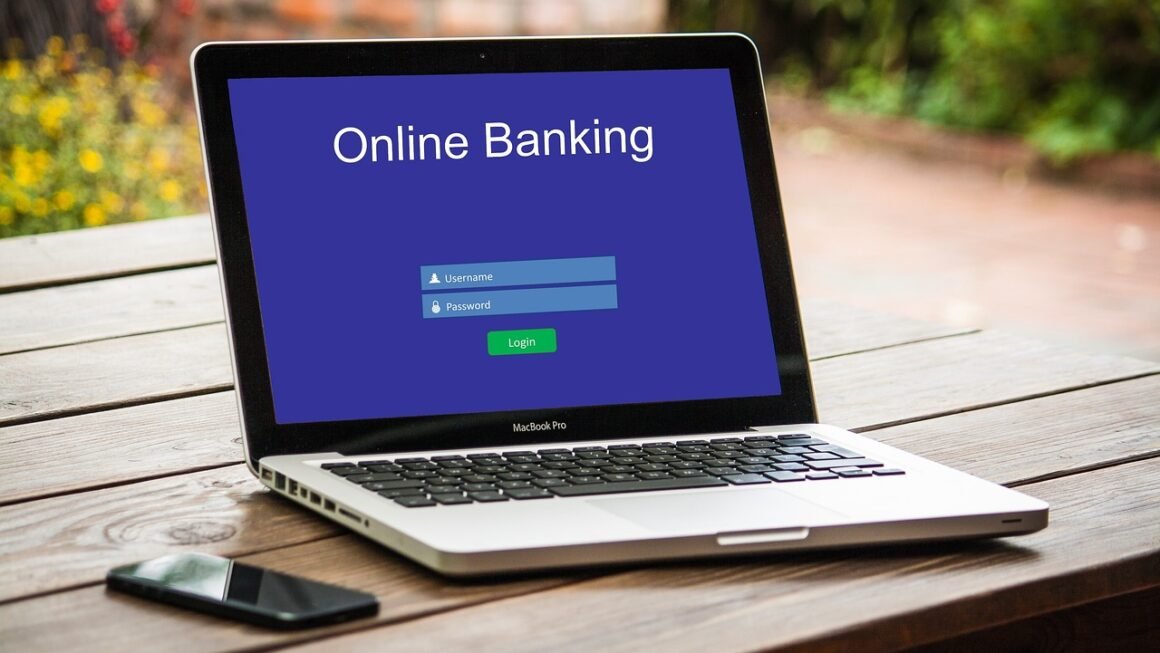Securing your website is no longer optional; it’s a necessity. An SSL certificate provides the foundation for trust and data security, vital for any website looking to succeed in today’s digital landscape. This blog post will delve deep into the world of SSL certificates, covering everything from what they are to how they impact your website’s SEO. Get ready to understand why an SSL certificate is an essential investment for your online presence.
What is an SSL Certificate?
Defining SSL and TLS
An SSL (Secure Sockets Layer) certificate is a digital certificate that authenticates a website’s identity and enables an encrypted connection. While the term SSL is widely used, the protocol that’s actually in use today is TLS (Transport Layer Security), its successor. Think of SSL as the established brand name and TLS as the evolved technology. The key principle is that it encrypts the data exchanged between a user’s browser and the web server, preventing eavesdropping and tampering.
How SSL Certificates Work
When a user visits a website secured with an SSL certificate, their browser performs a handshake with the web server. This handshake involves:
- Verification: The browser verifies the SSL certificate’s authenticity by checking it against a list of trusted Certificate Authorities (CAs).
- Encryption Key Exchange: The browser and server negotiate a shared secret key to encrypt subsequent communication. This ensures data privacy during transmission. For example, using the HTTPS protocol, the browser and server agree on a cipher suite, an algorithm used for encryption and decryption.
- Secure Connection: All data transferred between the browser and server is encrypted using this key, preventing third parties from intercepting sensitive information like passwords, credit card numbers, and personal details.
Types of SSL Certificates
Choosing the right type of SSL certificate is crucial. Here’s a breakdown:
- Domain Validated (DV) SSL: This is the most basic type, verifying only that you own the domain. It’s quick and affordable but offers the lowest level of validation. An example: A small blog that doesn’t collect sensitive user information.
- Organization Validated (OV) SSL: This type requires validation of your organization’s details, providing a higher level of trust. It’s suitable for businesses that want to prove their legitimacy. Example: A small business website accepting online payments.
- Extended Validation (EV) SSL: This offers the highest level of validation, requiring thorough verification of the organization’s identity. EV SSL certificates display a green address bar (or similar visual cue) in the browser, boosting user confidence. Example: An e-commerce website handling large transactions.
- Wildcard SSL: This certificate secures a domain and all its subdomains. Example: `example.com` and `blog.example.com`, `shop.example.com` can be protected by a single Wildcard SSL.
- Multi-Domain (SAN) SSL: This type secures multiple different domains and subdomains with a single certificate. Example: protecting `example.com`, `example.net`, and `mail.example.org` all with the same certificate.
Why You Need an SSL Certificate
Building Trust and Credibility
An SSL certificate signals to your visitors that your website is trustworthy and committed to protecting their information. The padlock icon in the browser address bar is a visual cue that assures users their data is safe. A study found that 85% of online shoppers avoid websites that lack security indicators like an SSL certificate. This trust translates into increased conversions and customer loyalty.
Enhancing Data Security
The primary function of an SSL certificate is to encrypt data transmitted between the user’s browser and the web server. This encryption prevents hackers from intercepting sensitive information like login credentials, credit card numbers, and personal details. Without encryption, this data is vulnerable to being stolen.
Improving SEO Ranking
Search engines like Google prioritize secure websites in their ranking algorithms. Having an SSL certificate is a confirmed ranking signal, giving your website a boost in search engine results pages (SERPs). In 2014, Google announced that HTTPS would be a ranking factor, and this has only become more important over time. Websites without SSL certificates may be penalized in search rankings.
Avoiding Browser Warnings
Modern browsers prominently display warnings when users visit websites without SSL certificates. These warnings can scare away potential customers and damage your website’s reputation. These warnings can range from a simple “Not Secure” message in the address bar to a full-page warning that discourages users from proceeding. An SSL certificate eliminates these warnings and ensures a smooth and secure browsing experience for your visitors.
Getting and Installing an SSL Certificate
Choosing a Certificate Authority (CA)
Selecting a reputable Certificate Authority (CA) is crucial. Look for CAs with a proven track record, strong security practices, and reliable customer support. Popular CAs include:
- Let’s Encrypt (free, automated, and open source)
- DigiCert
- Sectigo
- GlobalSign
- Comodo
Consider factors like price, certificate type, validation requirements, and warranty coverage when making your decision.
Generating a Certificate Signing Request (CSR)
A Certificate Signing Request (CSR) is a block of encoded text that you generate on your web server. It contains information about your domain and organization, and it is used to request an SSL certificate from a CA. The process for generating a CSR varies depending on your web server software (e.g., Apache, Nginx, IIS). Your web hosting provider or server documentation will provide specific instructions.
Installing the SSL Certificate
Once you receive the SSL certificate from the CA, you need to install it on your web server. This process typically involves uploading the certificate files and configuring your web server to use the certificate. Most hosting providers offer tools or interfaces to simplify SSL certificate installation. Again, specific instructions will vary based on your server environment.
Testing Your SSL Installation
After installation, it’s important to test your SSL certificate to ensure it’s working correctly. Several online tools can verify your certificate’s validity and identify any potential issues. Common issues include mixed content errors (where some resources are loaded over HTTP instead of HTTPS) and incorrect certificate chain configuration. Examples of online SSL testing tools include SSL Labs SSL Server Test and Comodo SSL Analyzer.
Maintaining Your SSL Certificate
Renewal Process
SSL certificates have an expiration date. Typically, they expire every 1-3 years. You’ll need to renew your certificate before it expires to maintain a secure connection and avoid browser warnings. Set a reminder to renew your certificate well in advance of the expiration date.
Monitoring Certificate Validity
Regularly monitor your SSL certificate’s validity to ensure it’s up-to-date and functioning correctly. Many SSL certificate providers offer monitoring services that will alert you when your certificate is nearing expiration or if any issues are detected.
Keeping Your Server Secure
Maintaining a secure server environment is crucial for the overall security of your website. This includes:
- Keeping your server software up-to-date with the latest security patches.
- Using strong passwords and secure authentication methods.
- Implementing a firewall and intrusion detection system.
- Regularly scanning your server for malware and vulnerabilities.
Conclusion
An SSL certificate is an indispensable component of a secure and trustworthy website. By encrypting data, validating your identity, and enhancing your SEO, an SSL certificate provides numerous benefits for both you and your visitors. By understanding the types of SSL certificates, the process of obtaining and installing one, and the importance of ongoing maintenance, you can ensure your website remains secure and successful in the digital landscape. Don’t delay; secure your website with an SSL certificate today.



